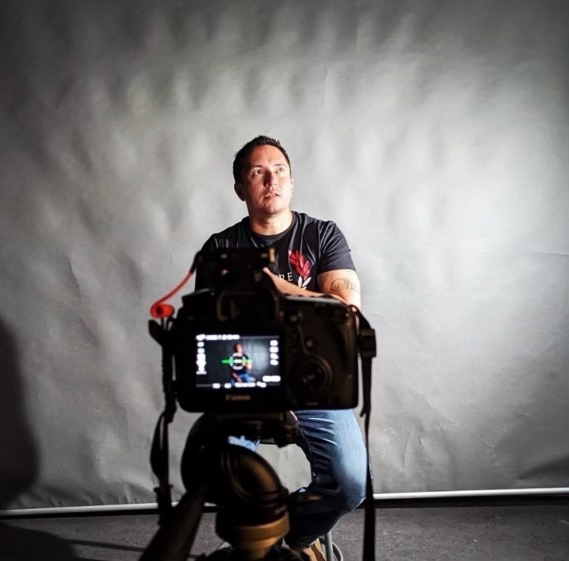Durham College’s Social Justice Week showcased different experiences of people in the community, including those who have dealt with homelessness, addiction and childhood trauma.
Speakers shared their stories virtually with staff and students on a range of issues.
Landy Anderson, senior manager, Alternative Care Dnaagdawenmag Binnoojiiyag Child & Family Services, has spent years working in social services and welfare.
She spoke about stereotypes of people who have gone through child trauma.
“You’re going to have poor mental health. You’re going to be delinquent. You’re going to have a hard time. You’re not going to graduate school. You’re going to use substances,” said Anderson.
She then went on to explain the research into child trauma.
“You know, your childhood and adulthood are connected and those are called developmental pathways,” she said. “That’s the trajectory and that’s the doom and gloom for children. That’s why we protect children.”
Tom Regher, who struggled with addiction and homelessness and is now the founder of CAST Canada, explained what he used in recovery to help him.
“Learning all the things I did – and with that therapist and the skills that I had with the therapist… healing as things surface, healing never stops and working with and accepting new ideas,” said Regher.
Chris Cull, the founder of Inspire by Example, spoke about how to let go of things that affect you.
“I know it’s how hard it is to let it go, but that’s how treatment and therapy and and stuff like that helped me work through those things,” he said. “But it’s figuring out those things and working through it and then being able to process it differently.”
Cull worked on a documentary about how people are affected by addiction, in partnership with the DC Social Impact Hub.
“Basically, just show the highlight, the different lenses and that no matter what angle you’re coming at it from, it’s going to impact you in some way… and it’s not just the person who goes through who struggles necessarily,” said Cull.
On the last day, journalism professor Alvin Ntibinyane, spoke about the intersection of journalism and social justice and Uzma Danish, research coordinator in the Department of Social Work at Trent University, spoke about her research on immigrant experiences in gaining a job.




